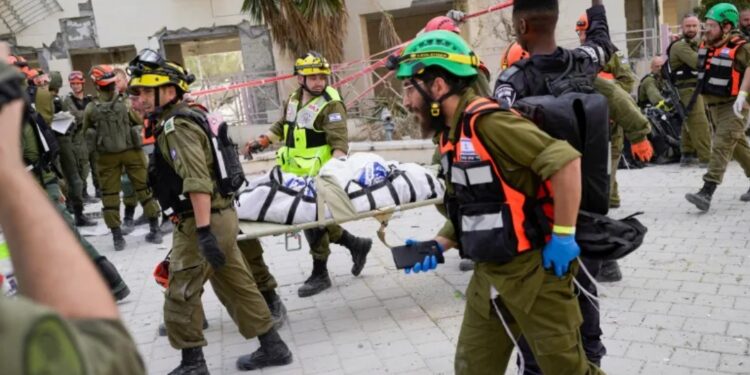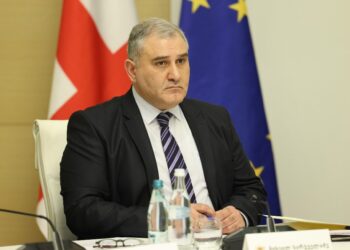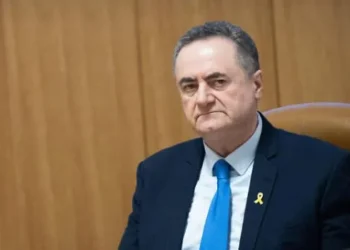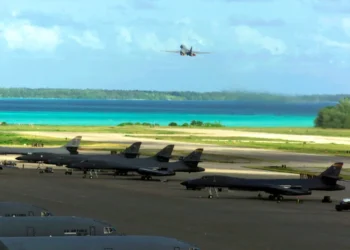A tense ceasefire between Iran and Israel, brokered by the United States, appears to be holding after nearly two weeks of escalating military confrontation that threatened to spiral into a broader regional war.
The truce, announced on June 23 by President Donald Trump—who has played an increasingly visible role in backchannel diplomacy—came after the US launched a series of precision airstrikes on Iranian nuclear facilities. Though the strikes were intended to send a clear message, intelligence assessments suggest they only delayed Iran’s nuclear program by a few months. Nonetheless, the show of force helped pressure both sides into a temporary pause in hostilities.
Diplomatic sources confirm that both Tehran and Jerusalem have largely abided by the ceasefire terms, though each has accused the other of minor violations in the early hours of the truce. Despite these claims, no new large-scale attacks have been reported since the agreement took effect.
The crisis reached a peak after Iran fired a series of long-range missiles toward Israeli military targets in early June, prompting an Israeli counteroffensive and covert strikes reportedly conducted deep inside Iranian territory. In response, the US moved quickly, not only deploying military assets to the region but also engaging in shuttle diplomacy between both governments. Trump, in a televised statement, said he was “very proud” of the outcome, declaring the war “over—for now.”
Iran, while acknowledging that its capabilities have been diminished, has made it clear that it retains multiple strategic tools should the situation deteriorate again. These include control over key maritime passages such as the Strait of Hormuz, the use of proxy militias in Lebanon, Iraq, and Yemen, and the ability to disrupt global oil supplies. However, with domestic economic pressures mounting, Iran’s leadership has signaled a willingness to pause direct confrontation—though it remains defiant on the nuclear front, suspending cooperation with international atomic monitors.
Israel, for its part, has stated that it remains on high alert and will respond to any renewed aggression. Prime Minister Benjamin Netanyahu has thanked the US for its support but emphasized that Israel will act unilaterally if needed to protect its national security.
The ceasefire, while welcomed by many, is seen by analysts as fragile and temporary. International reaction has been cautious. European Union leaders have urged both sides to pursue dialogue, while oil markets reacted swiftly to the de-escalation, with prices falling sharply as supply fears eased.
US special envoy Steve Witkoff called the truce a “promising step,” suggesting there may be room for more substantive negotiations in the weeks ahead. Still, many in Washington remain divided on whether a lasting peace is achievable without deeper structural changes on both sides.
Header image: Rescue workers carry the body of a victim from a residential building destroyed by a missile strike in Beersheba, Israel [Bernat Armangue/AP Photo]














